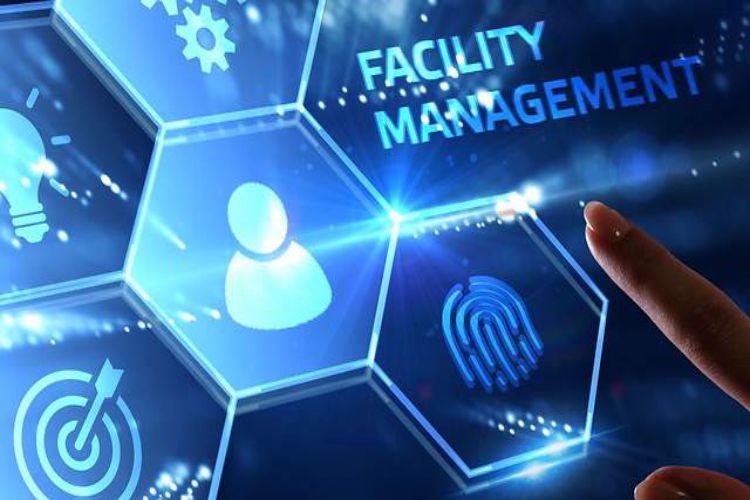 It doesn’t matter what industry you work in; facilities management is essential. Australian Standards Institution (ASI) defines facilities management as “the integration of procedures within an organization to maintain and enhance the agreed services that support and improve the efficacy of its principal operations”. With time, the importance of facility management training has taken a peak considering the significance of such managers. To put it simply, a facilities manager is in charge of ensuring that your company’s day-to-day operations run smoothly. As a result, the position’s goal is to minimize your company’s operating expenses while still meeting all of its goals. Your facilities manager is in charge of, among other things, ensuring that your business:
It doesn’t matter what industry you work in; facilities management is essential. Australian Standards Institution (ASI) defines facilities management as “the integration of procedures within an organization to maintain and enhance the agreed services that support and improve the efficacy of its principal operations”. With time, the importance of facility management training has taken a peak considering the significance of such managers. To put it simply, a facilities manager is in charge of ensuring that your company’s day-to-day operations run smoothly. As a result, the position’s goal is to minimize your company’s operating expenses while still meeting all of its goals. Your facilities manager is in charge of, among other things, ensuring that your business:
- Complies with the law
- Meets and exceeds its environmental goals
- Maintains a predetermined spending limit
- It is a pleasant and safe environment to work in.
Without a facilities manager, your organization may not be able to meet or sustain these goals. A facilities manager is a crucial part of every company’s success, and this article explains why you should consider facility management training in more depth.
Facilities Management is critical.
Managing a company’s facilities is essential to its success. Because of this, a facilities manager is crucial to the daily operation of your business:
Strategic planning is an integral part of the process.
As your firm grows, you’ll be able to track your success with the aid of strategic planning. A facilities manager can assist you in establishing long-term and short-term goals, such as reducing expenses and increasing productivity, as well as helping you achieve these goals. You can go from where you are now to where you want to be through strategic planning. Your business’s success and development can only be ensured via strategic planning.
Taking Care of Your Day-to-Day Activities
It’s not uncommon for facilities managers to be engaged in the day-to-day operation of your organization, as well as strategic planning.
- Ordering stock might be one of their responsibilities.
- Compliance with UK and EU regulations and advice for all facilities.
- Reception, mail delivery, cleaning and garbage disposal, and recycling all fall under the purview of the director of central services.
- It is maintaining the safety of one’s employees.
Additional duties in Australia include:
- Coordinating and managing office space.
- Supervising contractors.
- Planning any interruptions to minimize the effect on office activity.
A well-trained facilities manager in Australia will enhance your company’s operating efficiency. They will help your company function smoothly by providing your staff with the tools they need to do their jobs effectively.
Achieving and Maintaining a Safe Work Environment
Your company must have safeguards in place to ensure the safety of all of your workers, visitors, and the general public. Your facility manager often handles this. Your health and safety risks will be reduced by conducting risk assessments and enforcing health and safety policies.
It’s also important to note that they’ll manage any on-site crises and monitor the status of your processes. They will assist your company in complying with health and safety regulations by doing so.
Managing the Building and Premises’ Repairs, Security, and Maintenance.
A facility manager often handles your building’s security, upkeep, and repairs. As a result, your personnel and property are protected, your facility is secure, and regulatory requirements are met.
It is the responsibility of facilities managers to guarantee that the whole site or a specific section is adequately maintained, identify whether repairs are necessary, and ensure that they are completed. They are also in charge of disposing of and managing garbage. Having a facilities manager in the cost of maintaining the cleanliness of the workplace is essential, yet many workers take it for granted.





